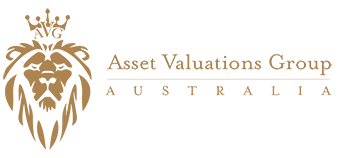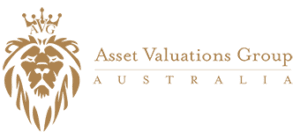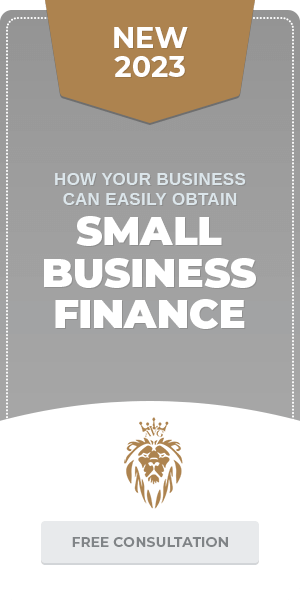How is Goodwill determined in Business Valuation?
What is Goodwill? This question always arises in business when dealing with Business Valuation. In the case of determining a business value with regard the Future Maintainable Earnings methodology, Goodwill is calculated by subtracting the business assets, and stock (if any) from the total business value. I have used a great example on how to calculate business Goodwill below:
$100,000 AUD
(ONE HUNDRED THOUSAND DOLLARS)
Apportioned below:
TOTAL FIXED ASSETS……………..$70,000
GOODWILL……………………….…$30,000
TOTAL BUSINESS VALUE…..……$100,000
How is Goodwill Assessed?
Goodwill in a company is an intangible asset that represents the value of a company’s brand reputation, customer base, and other intangible factors that contribute to its overall value. Goodwill is considered an intangible asset because it is not a physical asset that can be easily quantified. In assessing the market, it is critical to determine where the goodwill component is. There are three common types of goodwill:
1. Location Goodwill.
2. Personal Goodwill.
3. Business Goodwill.
Each essentially represents the owner of the goodwill, with the personal goodwill being the least desirable, the business goodwill being the most desirable and location goodwill being in the middle. We wish to point out that goodwill affects capitalisation rate, either positively or negatively. The things to consider with goodwill are status/reputation of the business and its brand name, intellectual property, quality of customers and ongoing success and profitability of the business.
LOCATION GOODWILL
Should a business operate from a premises, strategically, goodwill can sometimes be attributable to Location Goodwill. Businesses which possess location goodwill may include Cafes, Restaurants, Aged Care Facilitates, Hotels, Childcare centres and “Corner Stores”. Our investigations determine that location goodwill does not exist, and should the business re-locate, we do not believe it will affect the current performance of the business.
PERSONAL GOODWILL
Personal goodwill is directly attributable to an individual’s characteristics or attributes. It does not only include the owner’s skills, knowledge, and reputation, but also their contacts and relationships. The risk involved is when a business is sold, key personnel exit the business. There is also some risk that clients will leave. This is usually discounted into the earnings multiple/capitalisation rate. We believe there is somewhat personal goodwill within the business, as characteristics, attributes, skills, knowledge, and reputation.
BUSINESS GOODWILL
Business goodwill is an intangible asset that represents the value of a company’s reputation, customer loyalty, and other intangible factors that contribute to its overall value. It is the positive sentiment that customers, clients, and the general public have towards a company, which can result in increased sales, customer retention, and a competitive advantage.
Business goodwill may arise from many sources, including the company’s name, phone number, location, and special attributes. Furthermore, business goodwill exists in industries where reliance on key business owners is not critical to client retention and business operations. We believe after considering these aspects of business goodwill, the business has business goodwill.
I wish to point out that Goodwill may affect the capitalisation rate, either positively or negatively. The things to consider with Goodwill are status/reputation of the business and its brand name, intellectual property, quality of customers, and ongoing success and profitability of the business.





Leave a Reply
Want to join the discussion?Feel free to contribute!